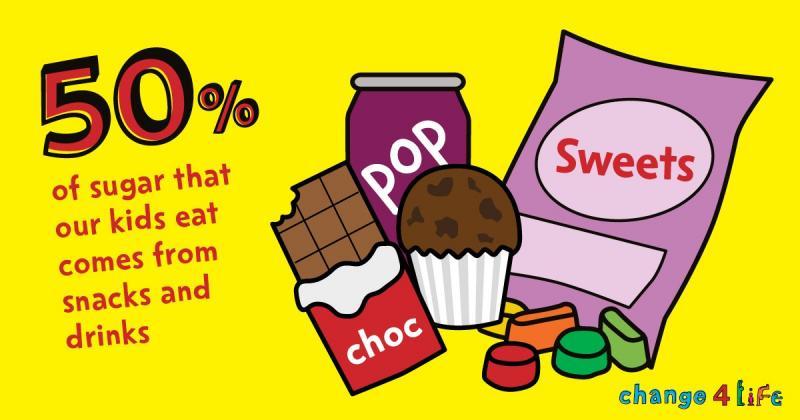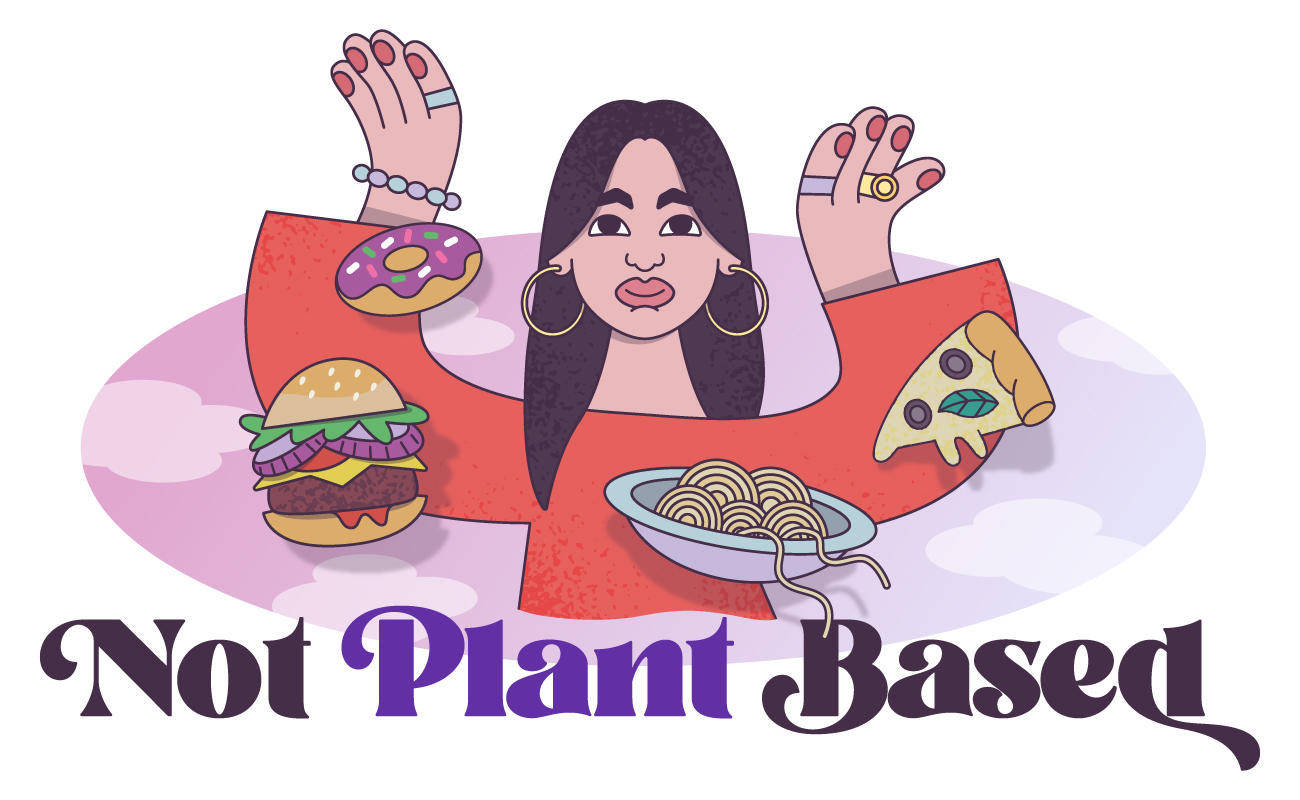
It’s no secret that the eating disorder community, are not at the top of The Government’s priority list. Alongside the cascade of turd that is Brexit; not a single credible, non-racist potential Prime Minister and the er…Independent Party, MPs have a far more pressing health issue at hand. THE! OBESITY! CRISIS!!!!!!!! THE PLAGUE OF DIABETIC AMPUTEES SWARMING OUR NHS! SAVE OUR BRUCE BOGTROTTER CHILDREN FROM THOSE BLASTED EASTER EGGS! THEY SELL THEM AT WHSMITHS, YOU SAY?! BY THE TILLS, YOU SAY?! THEY DON’T STAND A CHANCE, THE POOR FATTIES.
According to the deputy leader of the Labour party, the BOGOF Lindt bunnies lining Sainsbury’s shelves are a ‘scandal’.
‘Obesity is placing a huge financial toll on our already squeezed NHS,’ he said last week. Not convinced that a chocolate house pet is quite so scandalous, but wtv. In the same fortnight ‘I quit carbs so you should too’ Watson made his comments, the Government also announced a further ‘crack-down’ on perilous junk (!) food ads that dare to showcase a human child drinking a potent, brown liquid swarming with toxic sugar (milkshake). Now, the latest recommendation from emotionally illiterate researchers is to track every extra pound of skin that appears via regular weigh-ins on school children. Beginning aged four.
I’ve often challenged these punitive, alarmist messages with officials I’ve interviewed, warning of the ramifications for those of us who’ve experienced a complicated relationship with food. The response is almost always as follows: ‘Obesity is by far the biggest problem for our NHS, costing the most money and affecting huge portions of the population.’ The implicit message is this: ‘There aren’t enough people with eating disorders for us to give much of a shit.’ The continued suffering of 1.25 million Brits, mostly young people, is apparently, not as important as sparing the obese an extra easter egg. Nor is the 13, 885 people who were hospitalised for eating disorders between April 2016 and 2017 – almost double that of six years ago. They’re clearly also unbothered about anorexia having the highest mortality rate of any mental illness, with one in five diagnoses ending in suicide.

But surely the odd cartoon poster about the perils of sugar or leaflet detailing how to calculate your BMI won’t make that much difference to those of us with rampant, uncontrollable thoughts about food, diet and how we hate our bodies…will it? Thankfully, I am now at the stage where it barely registers. But three years ago, my anorexic brain was continually delighted by the support of health authorities. It was working every hour of the day to keep me starving and emaciated, so it was grateful another, external fat-shaming source could lend a helping hand. When the illness had occupied my neural circuitry, context and logic were no longer involved in my processing of information. Instead, whatever interpretation served to elicit feelings of shame, guilt, disgust, ugliness, panic and bewilderment – preferably all at the same time – was served-up immediately. To illustrate the phenomena, allow me to demonstrate using examples of real, public health policies/statements.
- Tam Fry, Child Growth Foundation chairman and spokesman for the National Obesity Forum (who advises Public Health England on obesity policy) said: ‘It is imperative that children’s growth is checked routinely to avoid the calamity that 82 per cent of obese children will become obese as adults and potentially bankrupt the NHS. It is quite fair to say we are in danger of becoming a nation of fatties.’
EATING DISORDER HEARS: ‘See, there is nothing worse than being fat. It’s dangerous. If 82% are obese that means it’s most likely that you’ll be one of them.’ - Public Health England/Action on sugar statement, 2017: ‘Sugar content in breakfast cereals is a major concern… reducing sugar intake across the whole population and help to prevent obesity, type 2 diabetes and tooth decay.’
EATING DISORDER HEARS: ‘Cereal is full of sugar and unhealthy. Too much sugar makes you fat. Avoid all cereal.’ - Public Health England ‘100 calorie’ campaign for children: ‘If you’re buying packaged snacks for your kids, remember to look for 100 calorie snacks, two a day max!
EATING DISORDER HEARS: ‘Food eaten in-between meals can’t equate to more than 200 calories, everyday. You can have a three or four pieces of fruit or some carrot sticks.’ - London Mayor Sadiq Khan removes ‘junk food’ advertising from Tube trains and tube platforms. Initially, this included bacon, butter and cheese.
EATING DISORDER HEARS: ‘Cheese, butter, meat and all take-aways I used to enjoy are junk and bad for my health. Everything I eat should be cooked from scratch in order to be healthy.’
I could go on…
This argument may seem trite and petty, but given the rising numbers of disordered eaters in the UK, I feel it is a necessary point to be made. I’m not claiming to have the magic spell for a more inclusive method of public health messaging, by the way. But I do think – and hope – it is possible to reduce the amount of collateral damage by simply exercising an ounce of sensitivity about this complex and life-wrecking illness. And if Public Health England need a few insider tips, well, they know where I am…




I think this is so relevant and true- is it possible for you guys to do a “through the eyes of someone without an ED” just to compare how extreme ED makes things?